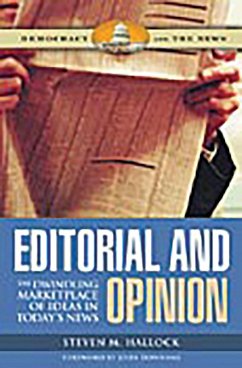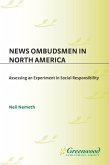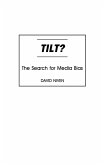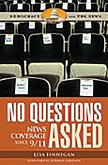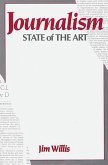In 1930 there were 288 competitive major newspaper markets in the United States. Today, there are fewer than 30. The diminishing diversity of opinion and voices in newspapers editorials is taking place even as technological advances seemingly provide more sources of (the same) information. As Hallock shows, the concentration of media ownership in fewer and fewer hands allows those individuals and entities an inordinate amount of influence. In this intriguing book, he examines 18 newspaper markets to show us exactly how and where this troubling trend is occurring, what it means for the political landscape, and, ultimately, how it can affect us all. Newspaper editorials say a lot about the society in which we live. They are not just an indication and reflection of the issues of the day and of which way the political wind is blowing. They are also a part of the political climate that sets the agenda for politicians, and helps them discern which are the hot-button issues and which side people are on. Journalists and politicians enjoy a level of symbiosis in their relationships-they influence each other indirectly. It therefore follows that when fewer ideas, and a narrower range of opinions, are expressed in the nation's newspapers, there is a real danger that our thinking can become more simplistic as well.
Bitte wählen Sie Ihr Anliegen aus.
Rechnungen
Retourenschein anfordern
Bestellstatus
Storno

